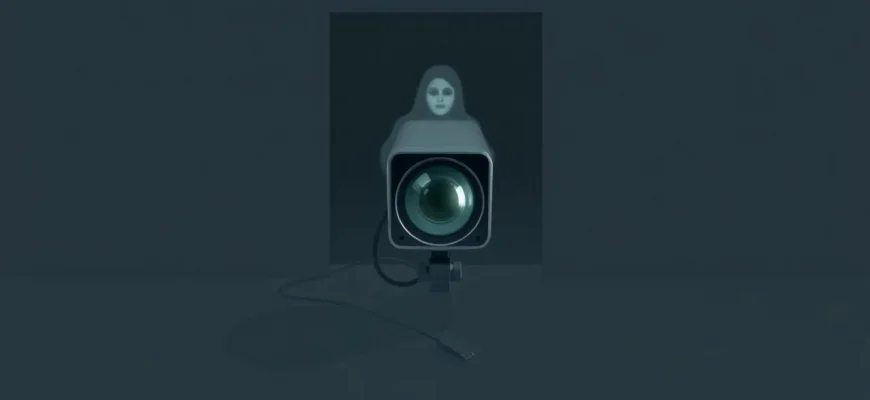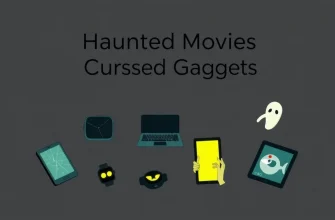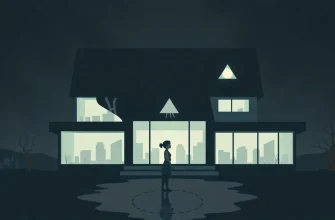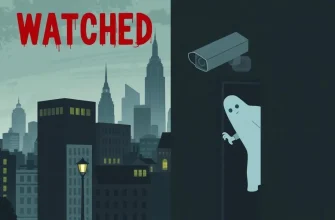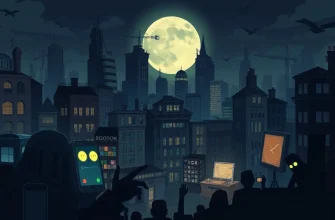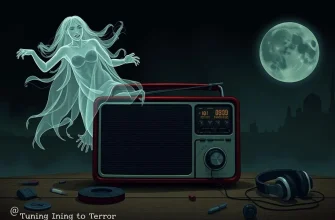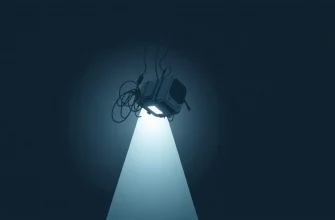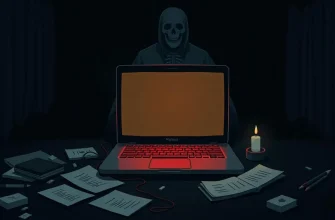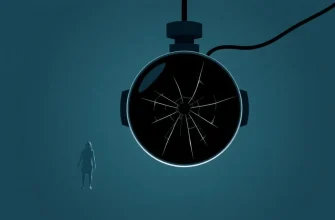The found footage horror genre has captivated audiences with its unique blend of realism and terror, often using video cameras to document the spine-chilling events. This collection of 10 horror films showcases the power of the lens in delivering fear, suspense, and unforgettable scares. From ghostly apparitions to demonic possessions, these films prove that sometimes, the camera doesn't lie—it reveals the truth, no matter how horrifying.

The Blair Witch Project (1999)
Description: This film is the granddaddy of found footage horror, where three student filmmakers set out to document the legend of the Blair Witch, only to find themselves lost in the woods, facing something far more sinister.
Fact: The film was made on a shoestring budget of $60,000 and grossed over $248 million worldwide. The actors were given minimal direction, resulting in genuine fear and confusion.
 Watch Now
Watch Now 
REC (2007)
Description: A Spanish horror film where a reporter and her cameraman follow firefighters into an apartment building, only to be trapped inside with a deadly infection turning residents into zombies.
Fact: The film was remade in the U.S. as "Quarantine" in
 Watch Now
Watch Now 
Cloverfield (2008)
Description: A group of friends in New York City capture their terrifying experience during a monster attack on the city, all through a handheld video camera.
Fact: The film was shot in a documentary style, with the entire movie being presented as if it were footage from a single camera. The monster's design was kept secret until the film's release.
 Watch Now
Watch Now 
Paranormal Activity (2007)
Description: A couple sets up cameras to capture evidence of paranormal activity in their home, leading to a series of increasingly terrifying events that escalate to demonic possession.
Fact: The film was originally released in a limited number of theaters, but its success led to a wide release. It was also the first film in the series to use a "found footage" style.
 Watch Now
Watch Now 
The Last Exorcism (2010)
Description: A disillusioned evangelical minister agrees to let a documentary crew film his final exorcism, only to encounter a real demonic possession.
Fact: The film was inspired by the documentary "Marjoe," which exposed the world of evangelical preachers. It was also followed by a sequel, "The Last Exorcism Part II."
 Watch Now
Watch Now 
V/H/S (2012)
Description: A series of found footage shorts, each telling a different horror story, all linked by a framing narrative involving a group searching for a specific VHS tape.
Fact: The film features segments directed by various horror filmmakers, including Adam Wingard and Ti West. It was shot entirely on consumer-grade video equipment to maintain the found footage aesthetic.
 Watch Now
Watch Now 
Grave Encounters (2011)
Description: A ghost-hunting reality TV crew locks themselves in an abandoned psychiatric hospital to capture paranormal activity, only to find themselves trapped with malevolent spirits.
Fact: The film was shot in an actual abandoned hospital, adding to the eerie atmosphere. It spawned a sequel due to its cult following.
 Watch Now
Watch Now 
Creep (2014)
Description: A videographer answers an online ad to film a day in the life of a dying man, only to realize that his subject might be more sinister than he appears.
Fact: The film was shot in just 12 days, and Mark Duplass improvised much of his dialogue, adding to the film's unsettling authenticity.
 Watch Now
Watch Now 
The Taking of Deborah Logan (2014)
Description: A documentary crew films an elderly woman with Alzheimer's, only to uncover something far more sinister than memory loss.
Fact: The film uses the guise of a medical documentary to explore themes of possession and demonic influence, making the horror more personal and disturbing.
 Watch Now
Watch Now 
Lake Mungo (2008)
Description: After the drowning of a teenage girl, her family uses video footage to investigate her death, uncovering a series of eerie and inexplicable events.
Fact: The film uses a mockumentary style to blur the lines between fiction and reality, making viewers question what's real and what's staged.
 30 Days Free
30 Days Free 
